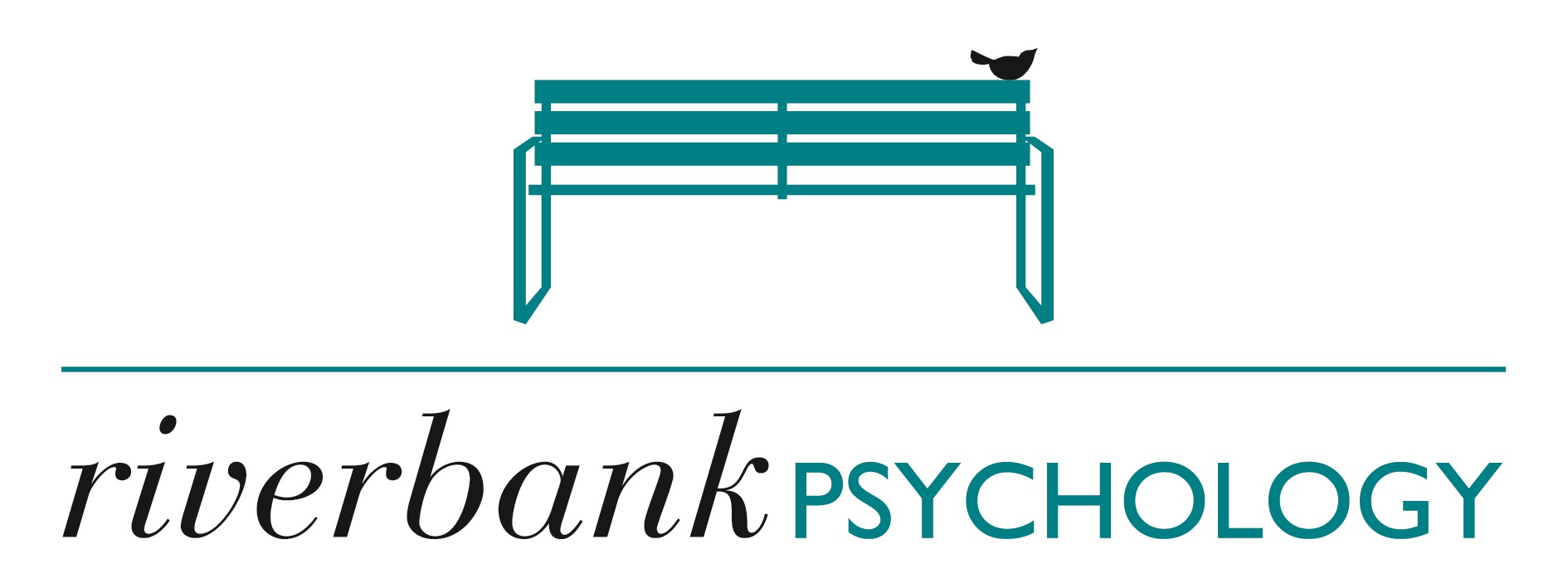Covid-19 Projects – Conversations and responses to the pandemic
Rare/D – Conversations about rare genetic conditions
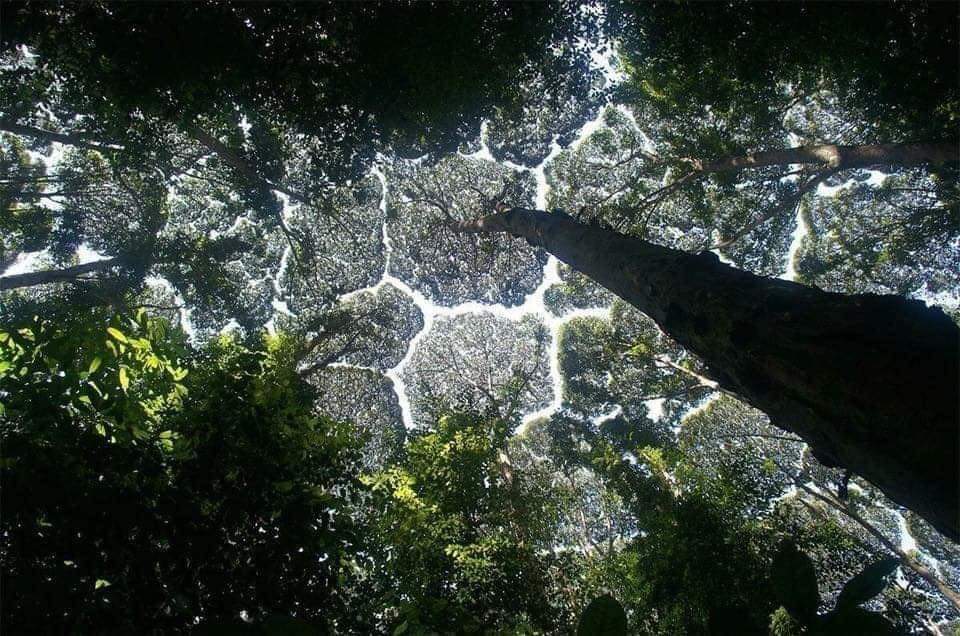
Our work with communities and organisations aims to promote well-being and resilience and is based on systemic and narrative approaches. We place a strong emphasis upon social values and cultural awareness.
Integral to our way of working is involving participants at all stages in co-creating the process. This ensures that the work is meaningful to them and applicable to their day-to-day lives. This is achieved through close attention to the language used by participants, taking care to ‘capture’ and ‘rescue’ their words and stories.
Ideas from narrative therapy offer particularly innovative ways for bringing people together, promoting well-being and resilience and reducing stigma.
Our work with communities involves delivering groups within workplaces, schools and community settings for adults, children and young people. We also deliver training to practitioners. Alternatively, we can work alongside your staff to skill-up practitioners within their context.
If you are interested in finding out how we can accompany you in your work within your community, organisation or service please contact us. Our approach is to meet with you in the first instance to understand your requirements and then work with you to develop a bespoke package that meets your needs.
Covid-19 Projects
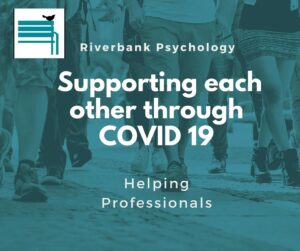
Supporting one another through Covid-19: Skills and resources from helping professionals living through the lockdown. We hosted a series of conversations with our fellow helping professionals, sharing our responses to the coronavirus pandemic. This project started with a conversation about the negative effects of Covid-19 in our individual practices and the realisation that a solution to that problematic can be found in a collective response. Following the conversations, which took place in week 2, 4 6 and 8 of the UK lockdown, we developed a ‘collective document’ which can be accessed and downloaded here.
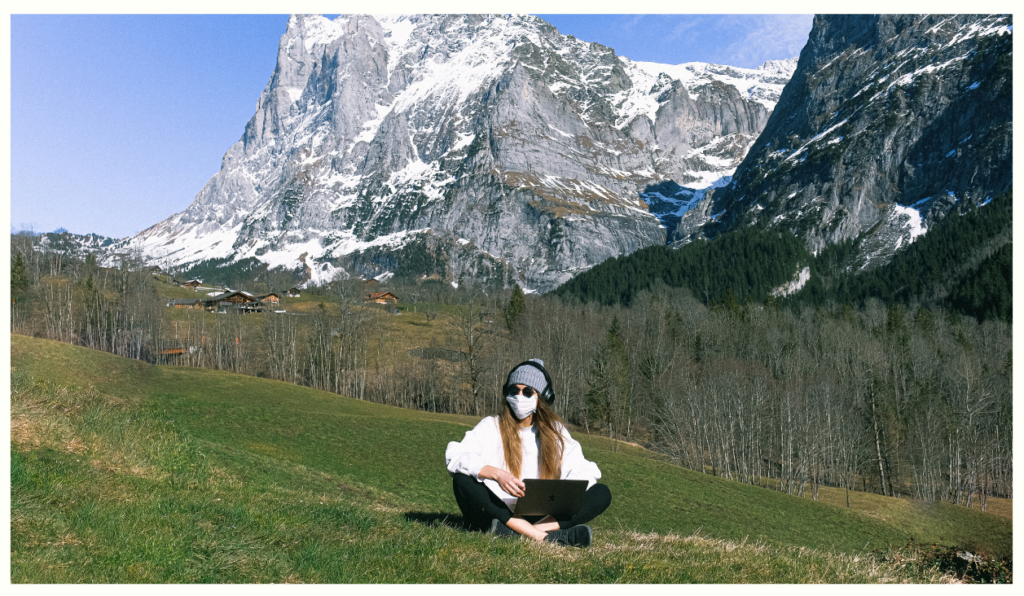
Myth-busting and survival guide to the Covid-19 pandemic: lived experiences of young adults identifying as autistic or neurodiverse
The idea for this document came out of conversations with a young adult in the UK who was finding life during the lockdown very difficult and feeling that others did not always understand the specific challenges they were facing. We decided that it might be helpful to investigate this further in an interview to find out more about the effects of Covid-19 and the lockdown on them, but also to explore their responses and ideas for survival. The young adult helped to design the interview guide and after being interviewed themselves went on to interview a friend who also identified as autistic. These were feeling like pretty fruitful conversations so we decided to roll out the interview to a few other young adults we knew and create a collective document. The hope for the document is to share some of the responses of young adults identifying as autistic or neurodiverse during the Covid-19 pandemic to help people understand more about their lived experience of this situation and to share their skills and ideas for coping with others who may be experiencing some of the same things. You can view and download the document here
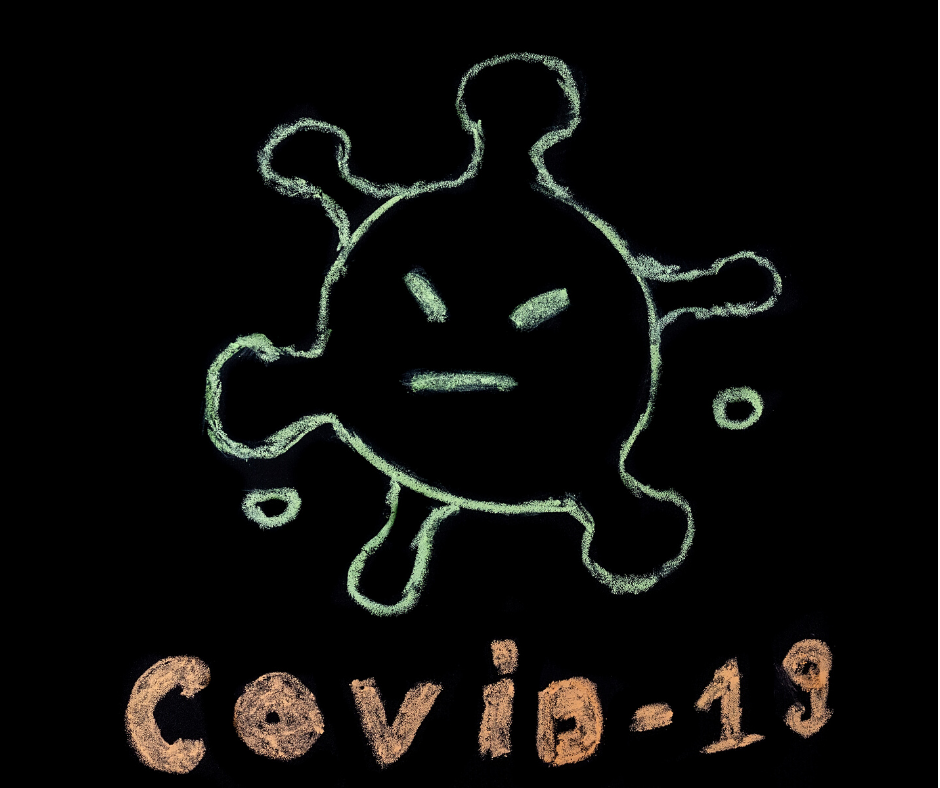
Supporting well-being in schools as they prepare to re-open.
Slides from the free webinars we have held for schools to support well-being as students return from the lockdown can be found here.
Rare/D
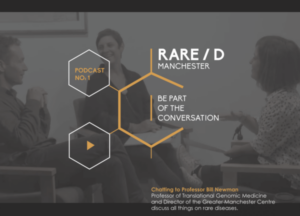
A rare disease is one that affects less than 1 in 2,000 people. Despite the ‘rare’ title, around 3 million people in the UK are affected by a rare disease, and 1 in 17 will have one at some point in their lives so collectively they’re pretty common.
We have been involved in collaboration with public engagement around Rare genetic conditions involving the release of a series of Rare/D Podcasts, starting conversations about what it means to be rare.
Hosted by Riverbank Psychology’s Mariangels Ferrer with Nichola Garde, the podcasts include a variety of guests from professors to schoolchildren and topics of conversation range from the 100,000 Genomes Project to how we help people tell stories about their lives in ways that make them feel stronger. Why not join the conversation? https://rare-d.com
